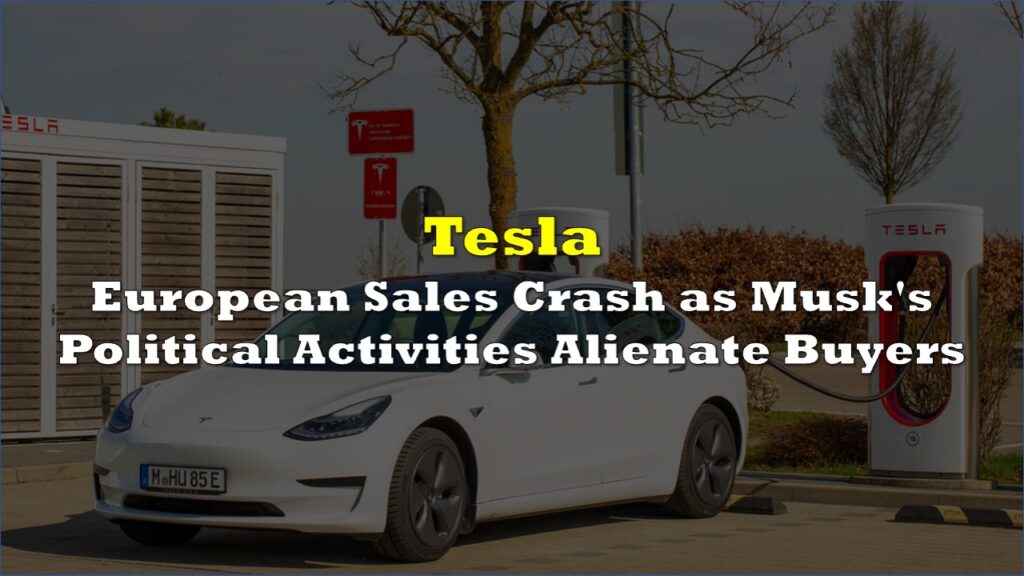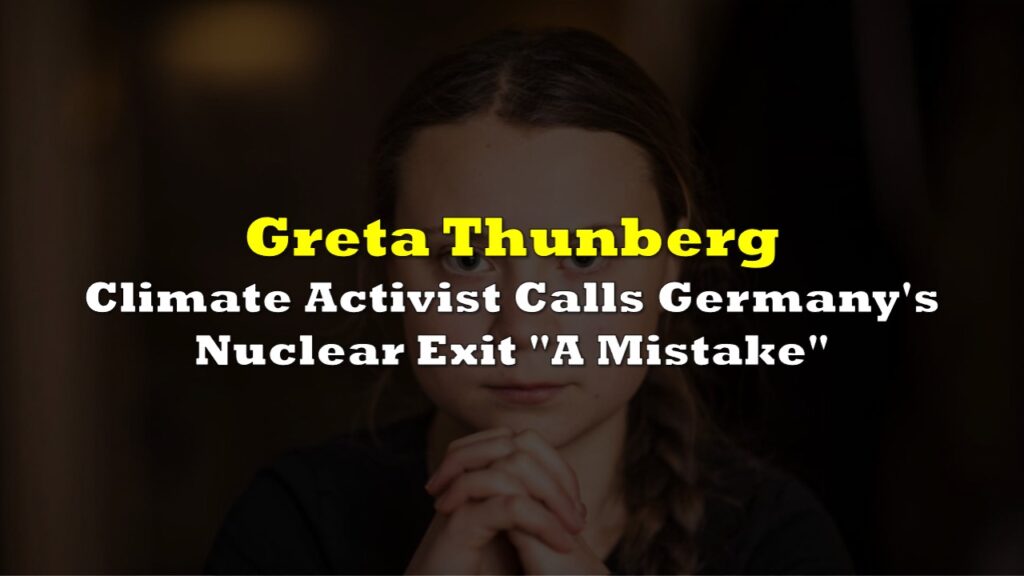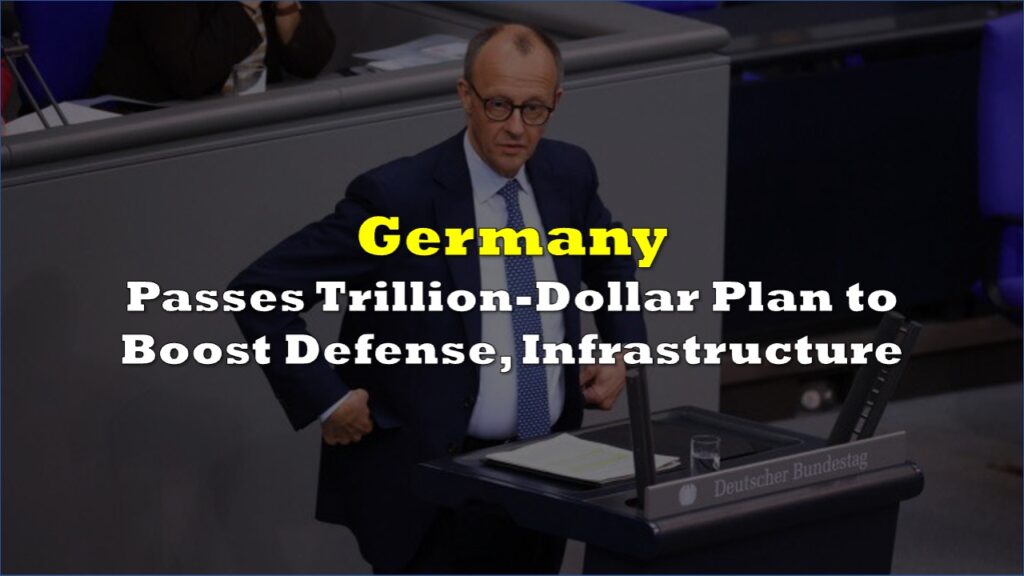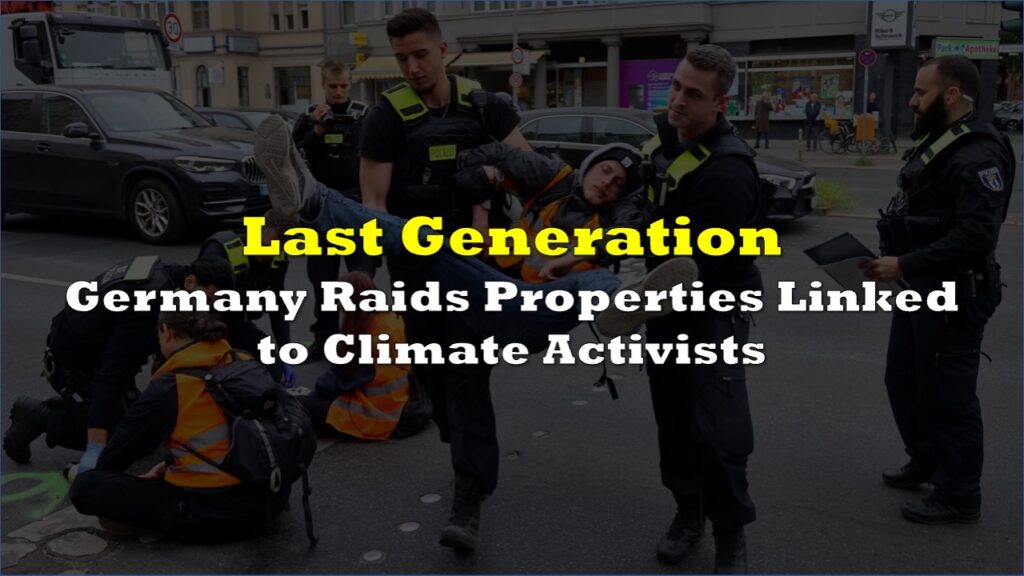Amid the seemingly worldwide rising inflation – which started with the effects of the pandemic and worsened by the global oil crisis fueled by the Russia-Ukraine war – Europe is taking the brunt of it all. As if energy security wasn’t enough of a problem, it has now begotten another potential (but expected) crisis – food security.
Europe’s agricultural sector is giving a different meaning to “farm-to-road” as a wave of protests has been spreading across the continent, demanding government policies to reflect the needs of the industry.
The Netherlands started the wave with Dutch farmers staging protests over their government’s environmental regulations proposals to reduce pollutant emissions. The country’s cabinet proposed a £22 billion program after it was instructed by the courts to slash nitrogen oxide and ammonia emissions generated by livestock by 50% come 2030.
As part of the government’s measure to tackle this, The Hague is eyeing mandatory purchases of farms that would lead to closures. This could force 30% of the country’s farms out of business, according to a Dutch farmers’ union.
Dutch farmers took it to the streets to protest the upcoming regulations, blocking main roads and supermarket entrances.
Dutch farmers protesting outside the home of the Minister for Nitrogen & Nature Policy against the govts plan to target the livestock sector with nitrogen emission cuts.
— Marie Oakes (@TheMarieOakes) June 29, 2022
The plan could see up to 30% reduction in livestock farming & farms out of business. pic.twitter.com/0C8hjLQJWn
Germany in solidarity; Poland joins from across the land
Soon after, German farmers joined the Dutch protesters in blocking the road on their shared border.
Germany itself has seen its farmers’ associations contesting a recently passed renewable energy act amendment by the country’s parliament. While it aims to accelerate Berlin’s renewable energy expansion, the group is lamenting that the amendment does not provide enough support for biogas production.
“It is completely incomprehensible that in the middle of this far-reaching energy crisis, a sustainable domestic energy source such as biogas is being curbed in the production of electricity, heat, and biomethane,” said Bernhard Krüsken, secretary-general of the German Farmers’ Association.
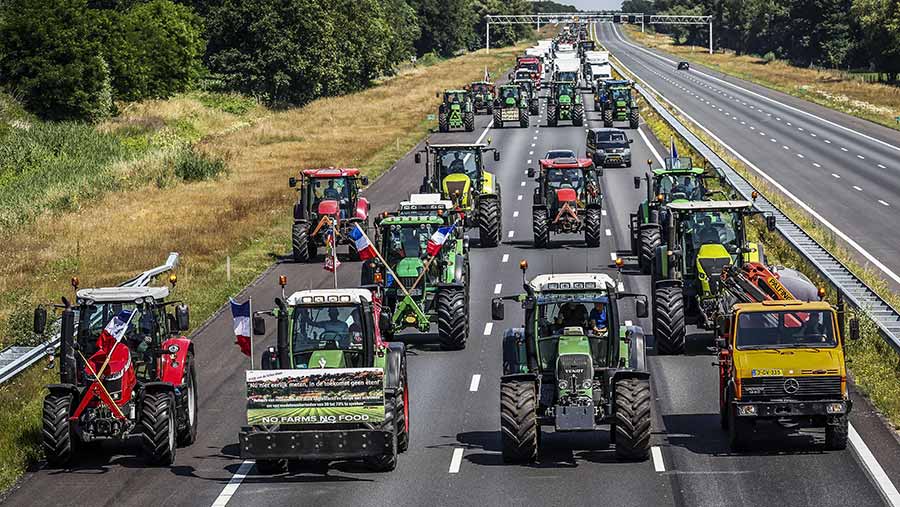
Source: ANP/Alamy Stock Photo
Polish farmers also protested in solidarity, themselves objecting to their own government’s policies related to the agricultural industry, including the rising cost of fertilizers and allowing cheap food imports to compete–causing a spike in local production costs.
The farmers rallied along the streets of Warsaw shouting protest cries: “Enough is enough! We won’t let ourselves be robbed!” and “We workers cannot pay for the crisis created by politicians!”
#BREAKING #POLAND
— loveworld (@LoveWorld_Peopl) July 8, 2022
🔴POLAND :#VIDEO MASSIVE PROTESTS OF POLISH FARMERS IN WARSAW!
They protested against the government's politics destabilizing production by raising interest rates, which does not stop inflation#Flash #Warsaw #Varsovia #Protests #Protesta #Farmers #Inflation pic.twitter.com/sNLGF5c6Ml
Italy in heat
Adding to the drought Italy is currently facing, the heat of mounting farmers’ protests is building up on roads in rural areas. The tractors holding up main roads are threatening to “come to Rome” should the government’s inaction continues.
Italy declared earlier this week declared a state of emergency in five regions as the northern parts of the country face an economically-threatening drought. The country’s largest river Po, which generates about 14% of Italy’s agricultural output, is at its lowest level in 70 years.
A local farmers’ confederation estimates around €3 billion worth of damage due to water shortage.
“We have about 30 percent less production of milk and about 30-40 percent less of cereals and maize,” said Fabio Bonaccorso, spokesman of Italy’s national farmers’ confederation Coldiretti. “It’s a strategic decision for the future to address this climate change. We have to spend money for a new kind of irrigation and a new kind of cultivation.”
Italian farmers also rise up: "We are not slaves, we are farmers! We cannot make ends meet!" Then a warning to politicians: "Let's come to Rome!" The unjustified and nefarious increase in raw materials and basic necessities have brought the agricultural sector to its knees. pic.twitter.com/3yOTuM6Md9
— RadioGenova (@RadioGenova) July 7, 2022
In 2020, the European Union produced a total of €335.9 billion in agricultural output, with France and Italy leading the pack in terms of contribution at around 18% and 14%, respectively.


The Dutch farmers continue to protest, with uprisings now also coming from Moerdijk and Nijmegen.
Wow! Dutch farmers in Moerdijk with 400 tractors positioned on the lawn to make the inscription visible from above: "No farmers, no food! Help!" pic.twitter.com/30mK8FgXTu
— RadioGenova (@RadioGenova) July 7, 2022
Mayor of Nijmegen: "No Dutch farmer will enter the city!" A few hours later in Nijmegen … pic.twitter.com/8PXqHXNOnR
— RadioGenova (@RadioGenova) July 8, 2022
Information for this briefing was found via Farmers Weekly, Euractiv, Bloomberg, and Financial Times. The author has no securities or affiliations related to this organization. Not a recommendation to buy or sell. Always do additional research and consult a professional before purchasing a security. The author holds no licenses.





